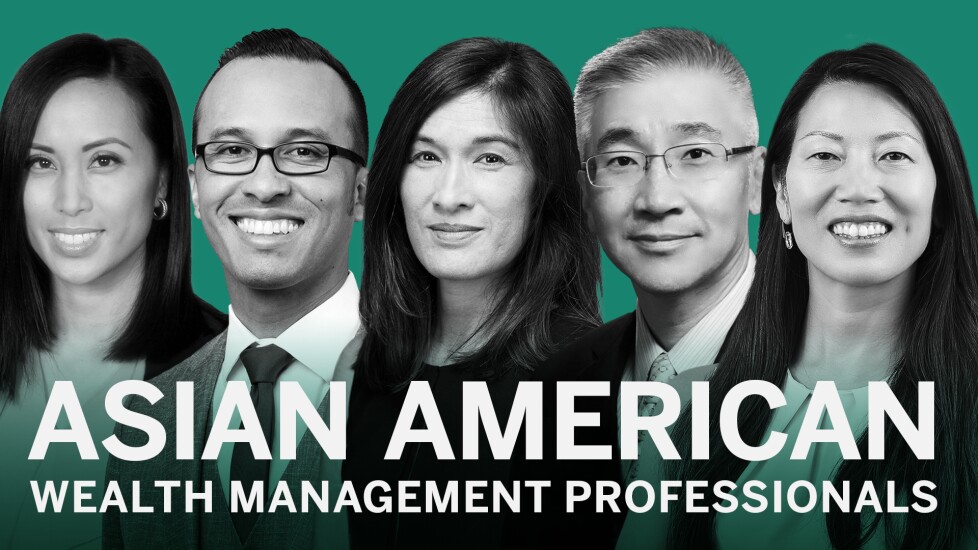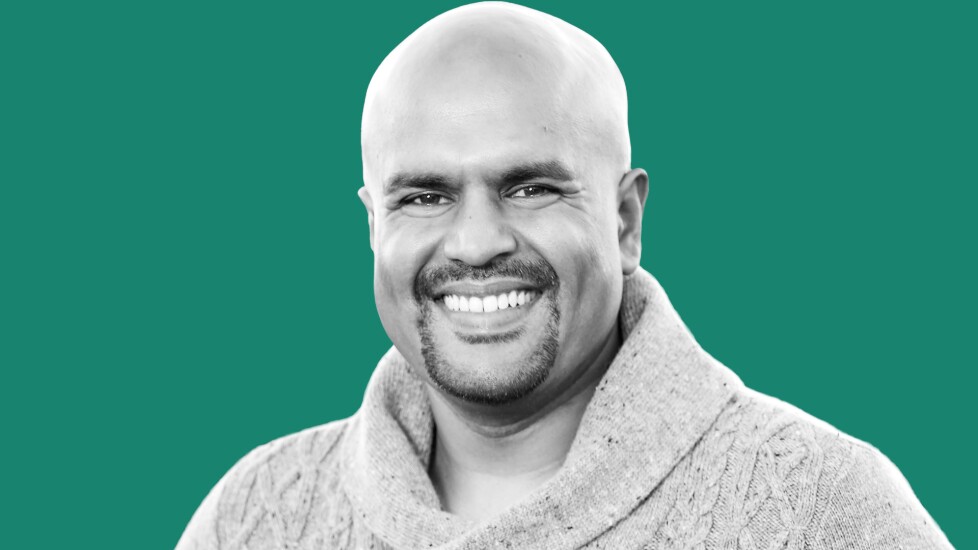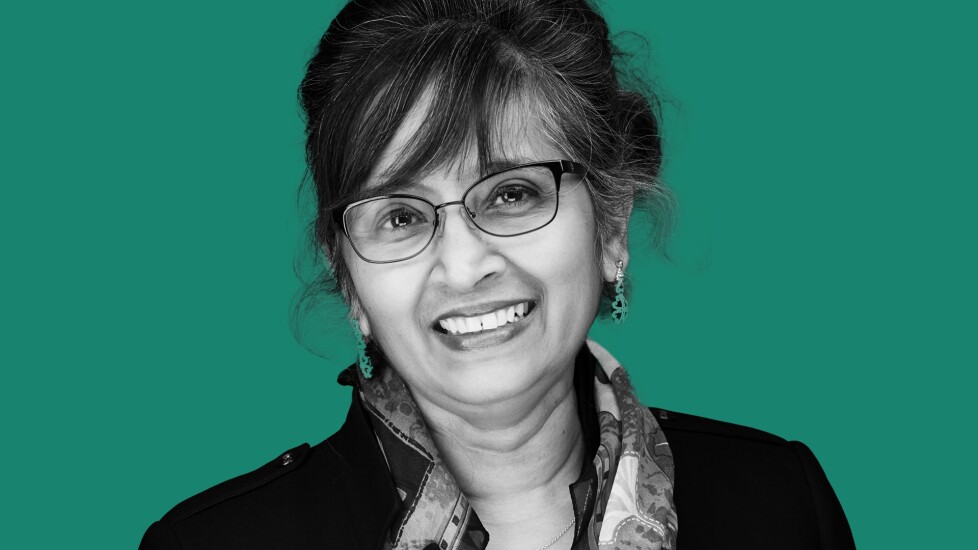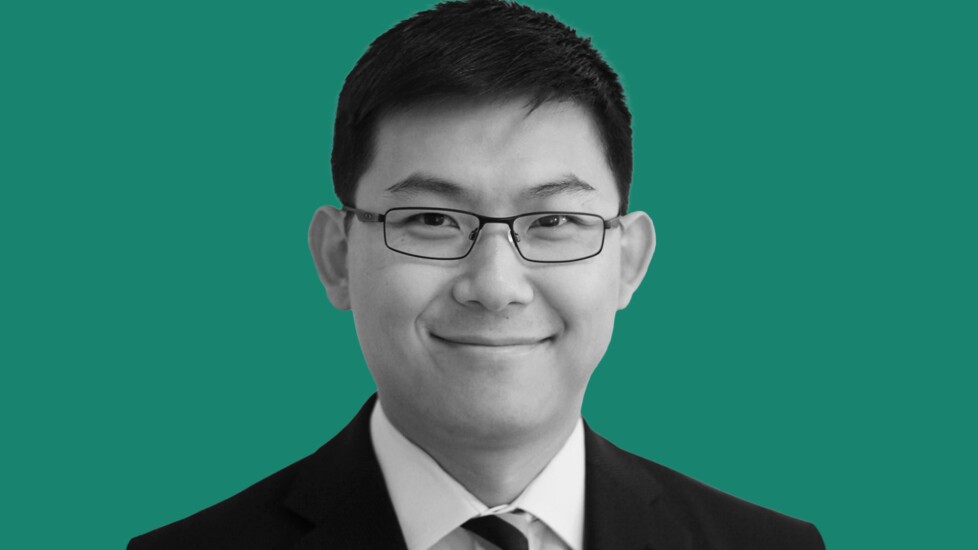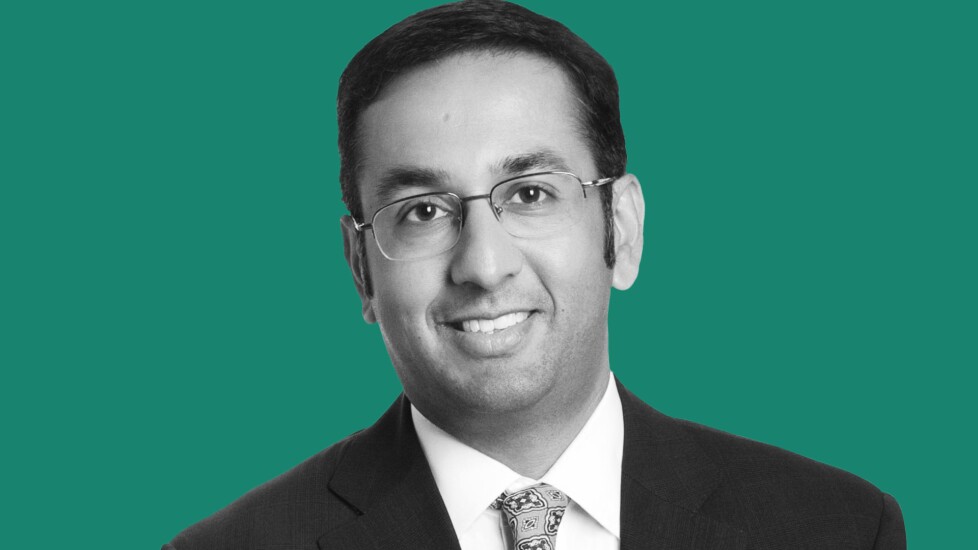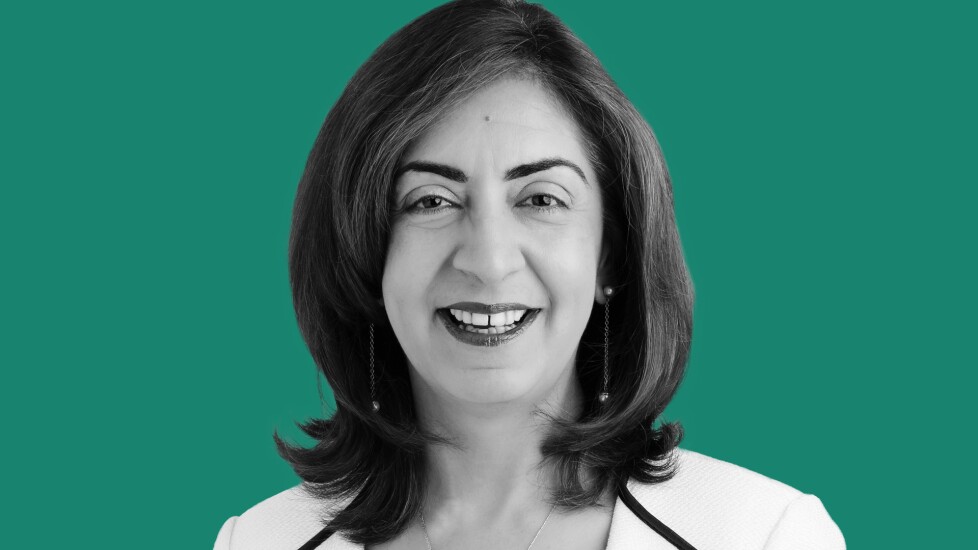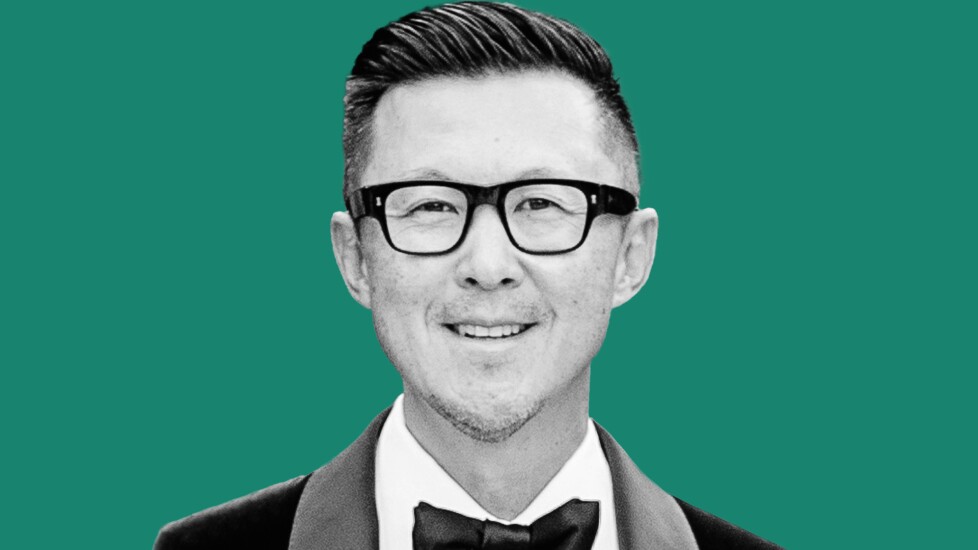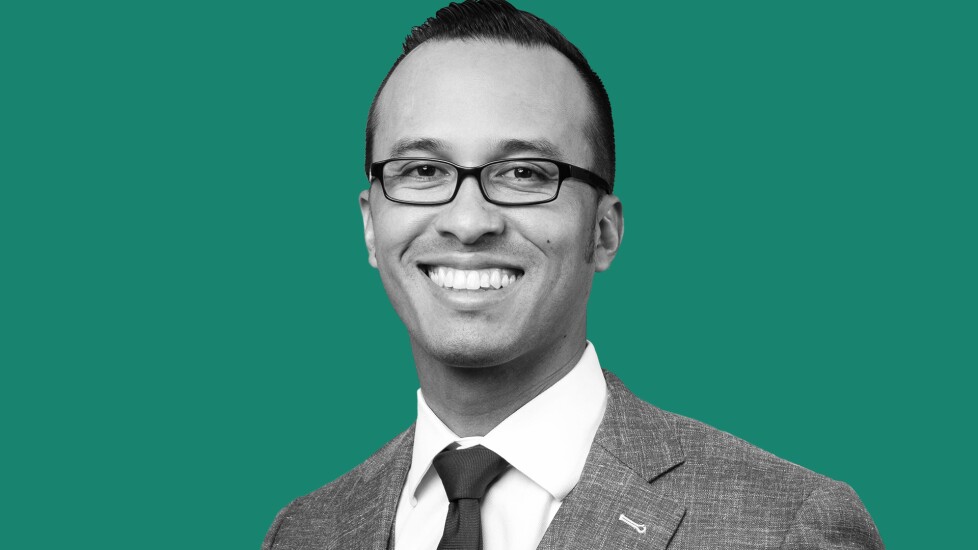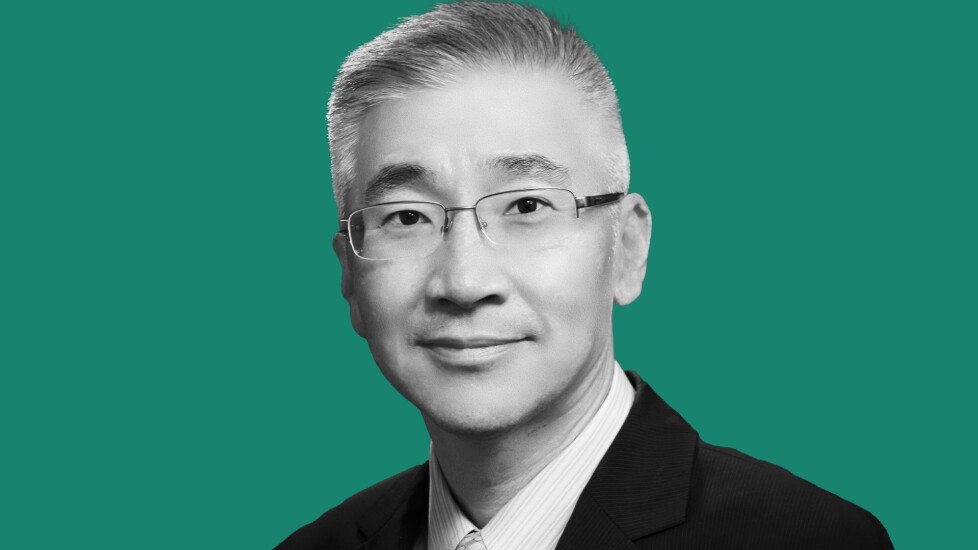Asian American financial advisors and wealth management professionals are responding in starkly different ways to a wave of hate and violence amid the coronavirus pandemic.
The spate of incidents took the form of racial slurs and
But the myth that Asian Americans — or any group of tens of millions of Americans for that matter — have lockstep, monolithic views is debunked by the diverging viewpoints of the 20 professionals canvassed below as part of Financial Planning’s
Some advisors and professionals rejected the notion that they have been subjected to any discrimination in the industry. Their achievements, they said, reflect a meritocracy in which hard work overcame any burdens added by their race, and the discussion in itself may demean those achievements.
Others expressed frustration about being stereotyped as a “model minority” while
Asian Americans and Pacific Islanders represent 7.7% of the U.S. population,
In light of the hate speech and violence of the past year and a half and the rising number of Asian Americans and Pacific Islanders, the IBD Elite study includes a discussion of
Scroll down for a discussion about their path into the industry and their views on the best ways to open more avenues for the next generation of advisors, professionals and clients.
